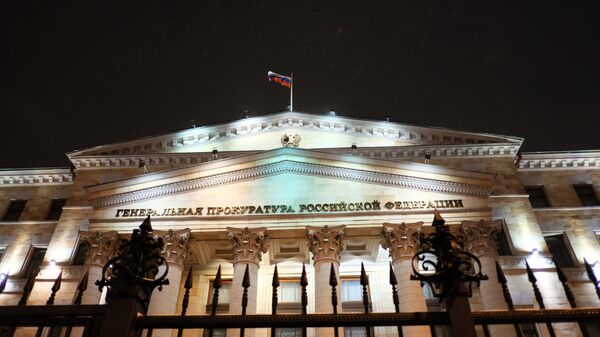However, he added that cooperation with US prosecution within the framework of the Treaty on Mutual Legal Assistance in Criminal Matters is "an efficient mechanism."
"The Russian Prosecutor General’s Office is in constant communication with the American colleagues – we hold video conferences and meet with the law enforcement employees of the US embassy in Moscow. These contacts allow us to coordinate practical steps that we take under this Treaty," Grunis added.
Russia and the United States entered into the treaty in 2002, Grunis reminded.
The agreement implies that the parties provide each other with comprehensive mutual legal assistance in criminal matters, with exchange of information regarding criminal cases going through the Russian and US official agencies, the Prosecutor General’s Office and the Department of Justice, respectively.
Grunis also noted that, despite the lack of extradition treaty, the Russian side successfully ensured the inevitability of punishment for those who commit crimes via sharing information and evidence that Department of Justice needed.
The official cited two examples of such cooperation. The Russian investigators shared evidence with the US law enforcement on Russian citizen charged with murder of two people in New York in 2011, who was later sentenced to 19 years in prison, as well as in case of US citizen, Mr. Abramov, sentenced to life in prison for pedophilia.



